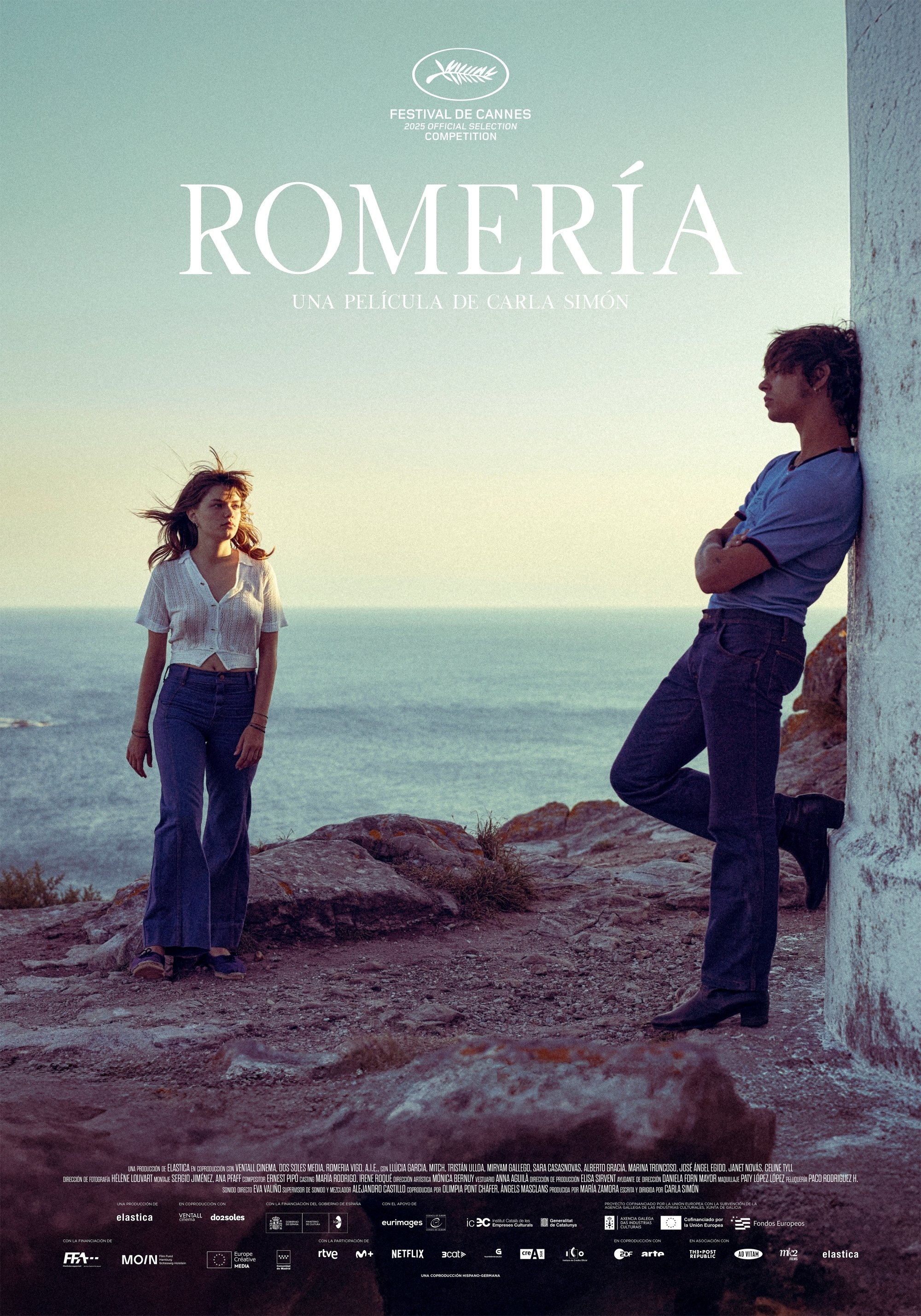
Marina, 18, orphaned at a young age, must travel to Spain’s Atlantic coast to obtain a signature for a scholarship application from the paternal grandparents she has never met. She navigates a sea of new aunts, uncles, and cousins, uncertain whether she will be embraced or met with resistance. Stirring long-buried emotions, reviving tenderness, and uncovering unspoken wounds tied to the past, Marina pieces together the fragmented and often contradictory memories of the parents she barely remembers.
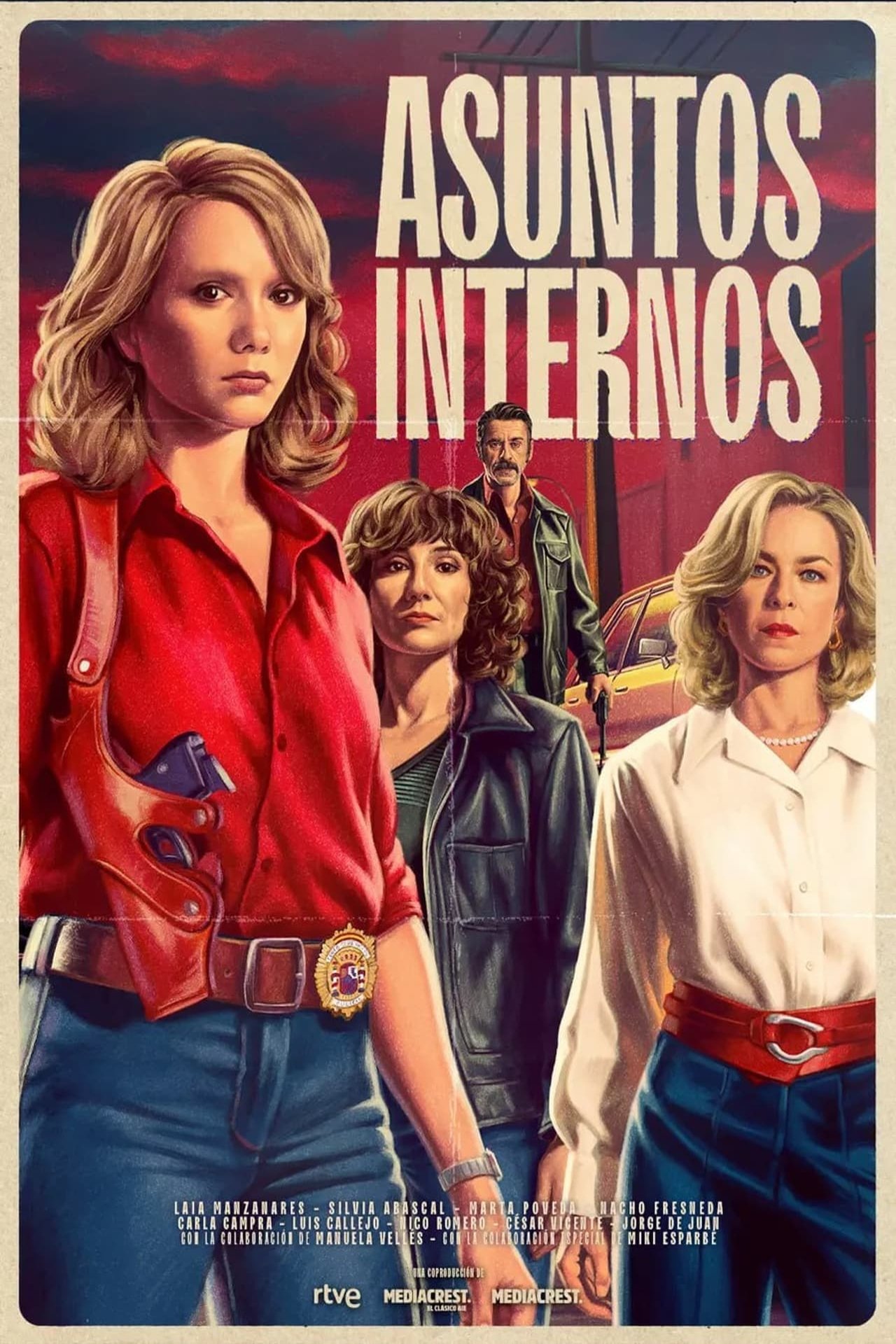
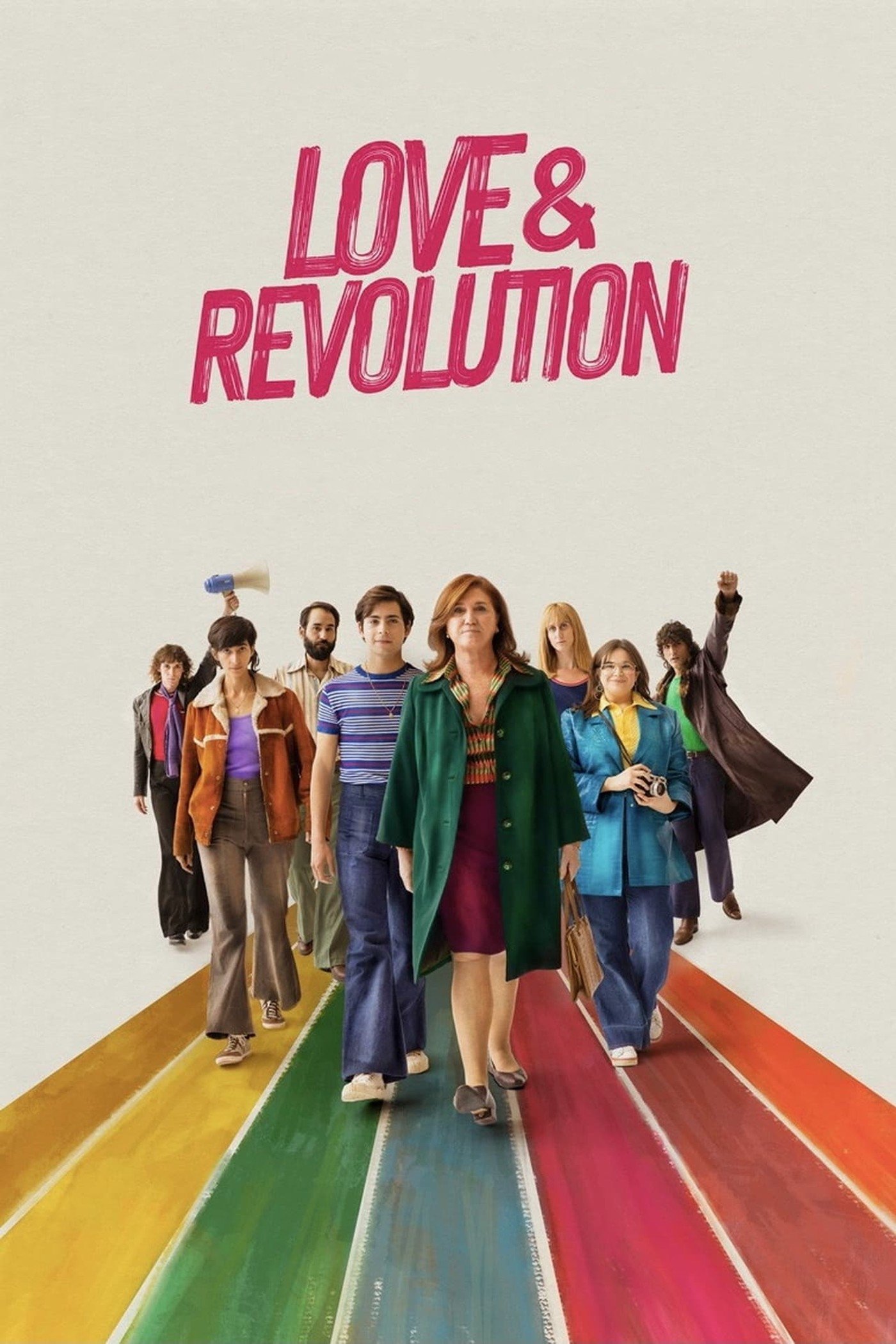
Seville, 1977. At a time when homosexuality is a crime, Reme, a traditional mother moved by the love of her son, an adolescent aspiring artist, will become involved in the Andalusian LGBTQ+ movement, paradoxically born in the bosom of the Church.

Alice Gould, a private investigator, pretends to be mentally ill in order to enter a psychiatric hospital and gather evidence for the case she is working on: the death of a patient in unclear circumstances.
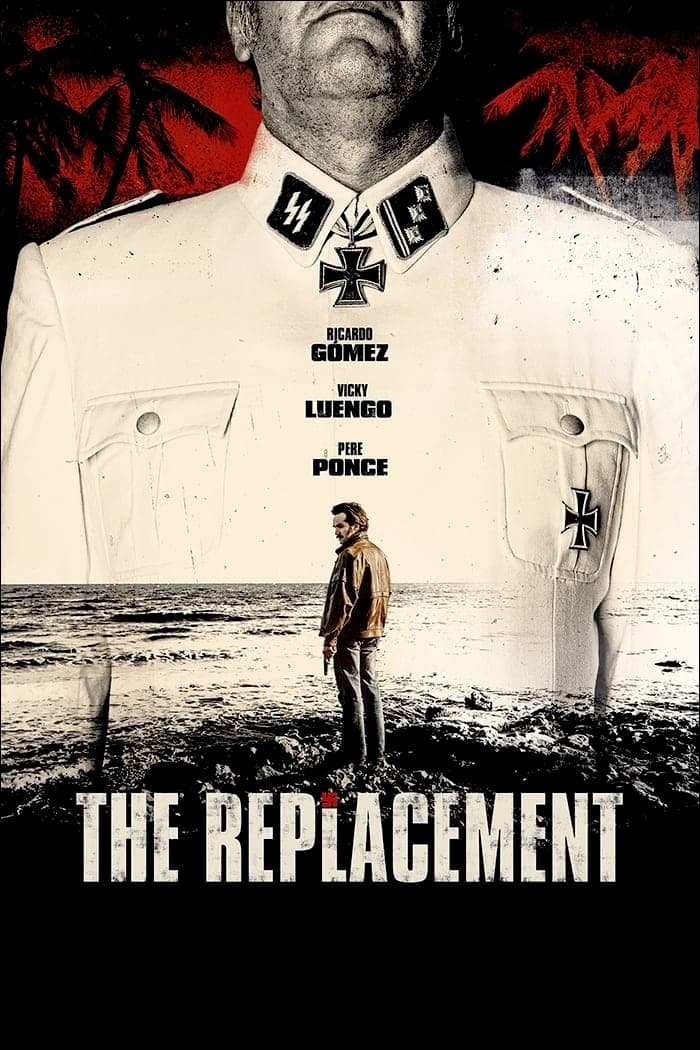
Spain, 1982. Andrés Expósito, a young police inspector, accepts a posting in Denia, a small town on the Mediterranean coast, in the hope of leading a quieter life and that the natural environment will help improve the fragile health of his daughter; but once in his new post he becomes involved by chance in the investigation of the strange death of the inspector he has come to replace.
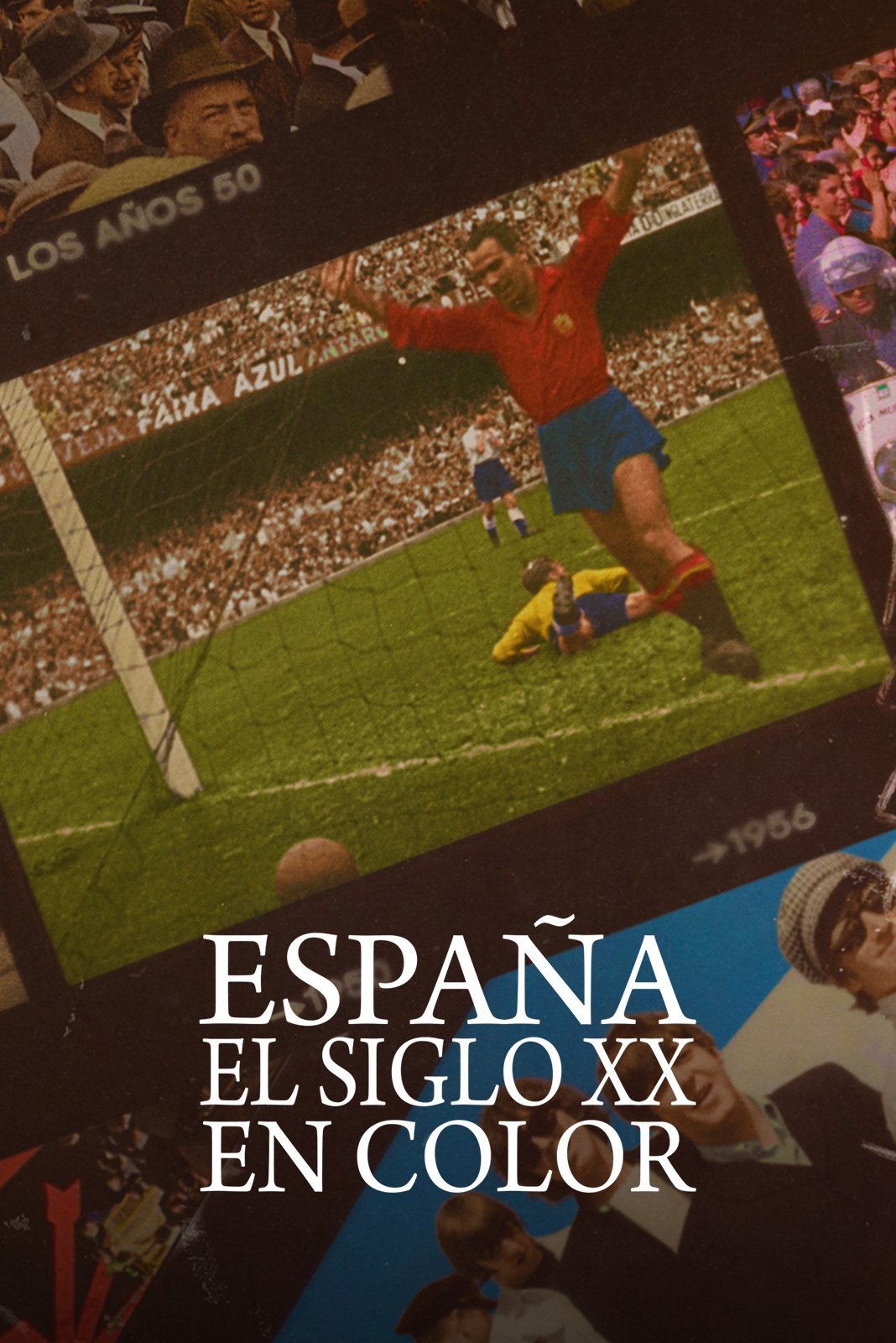

The story of iconic Spanish artist Susana Estrada's struggle against censorship and sexual repression during the turbulent years following the death of dictator Francisco Franco.
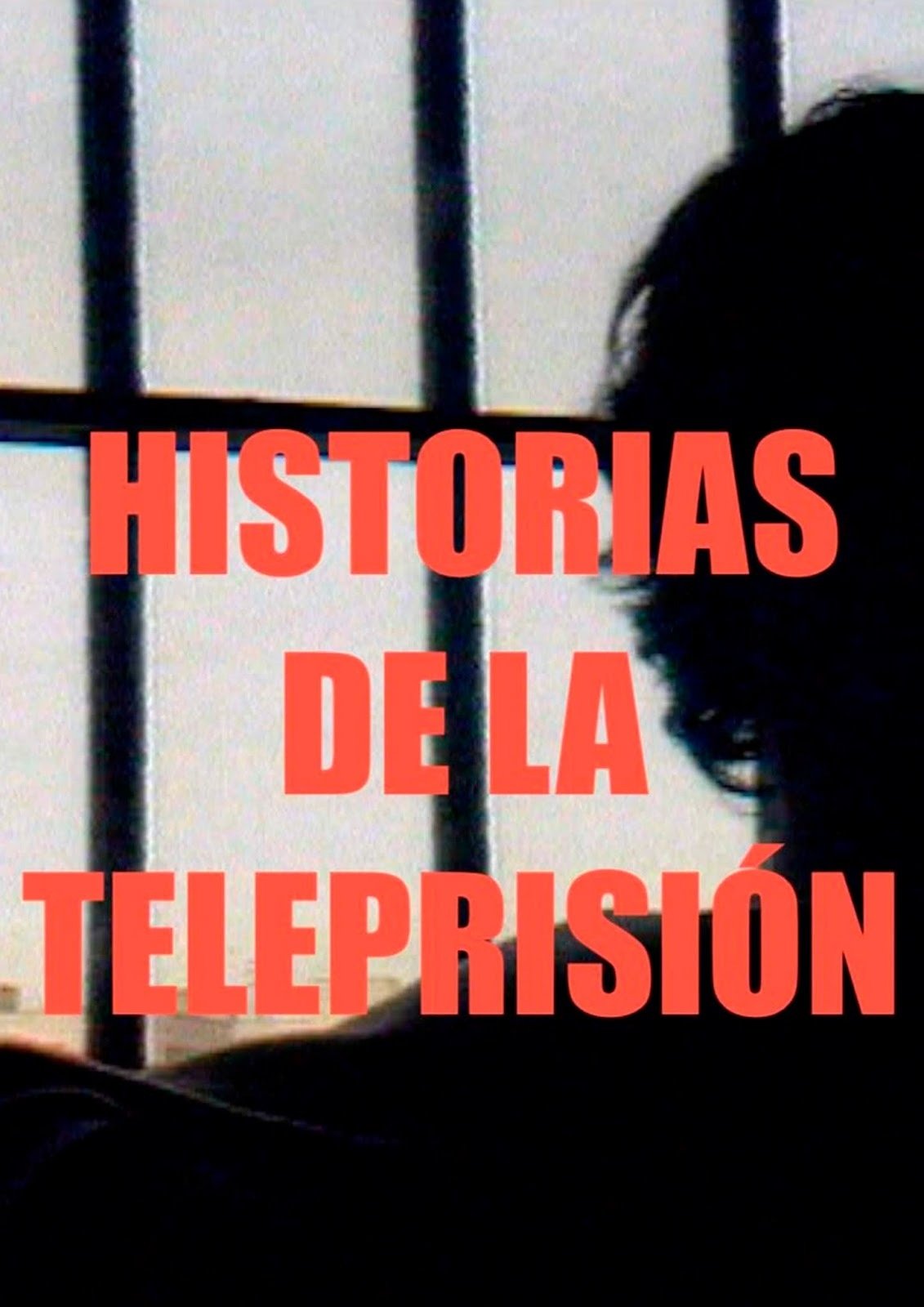
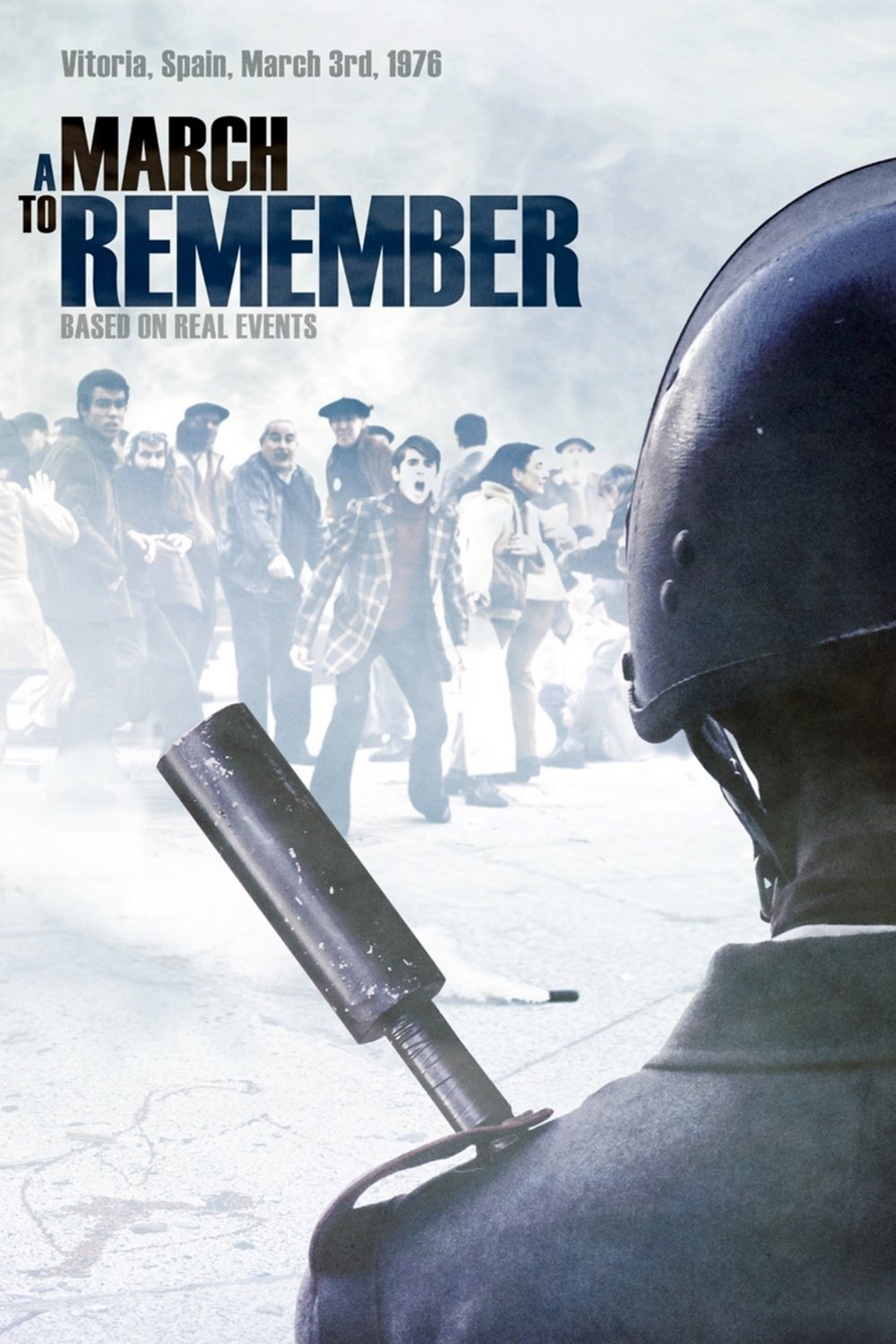
Vitoria, Basque Country, Spain, March 3, 1976. After several months of protests demanding decent working conditions, a general strike is called. Thousands of workers gather at the church of San Francisco while a hundred heavily armed policemen wait to act.
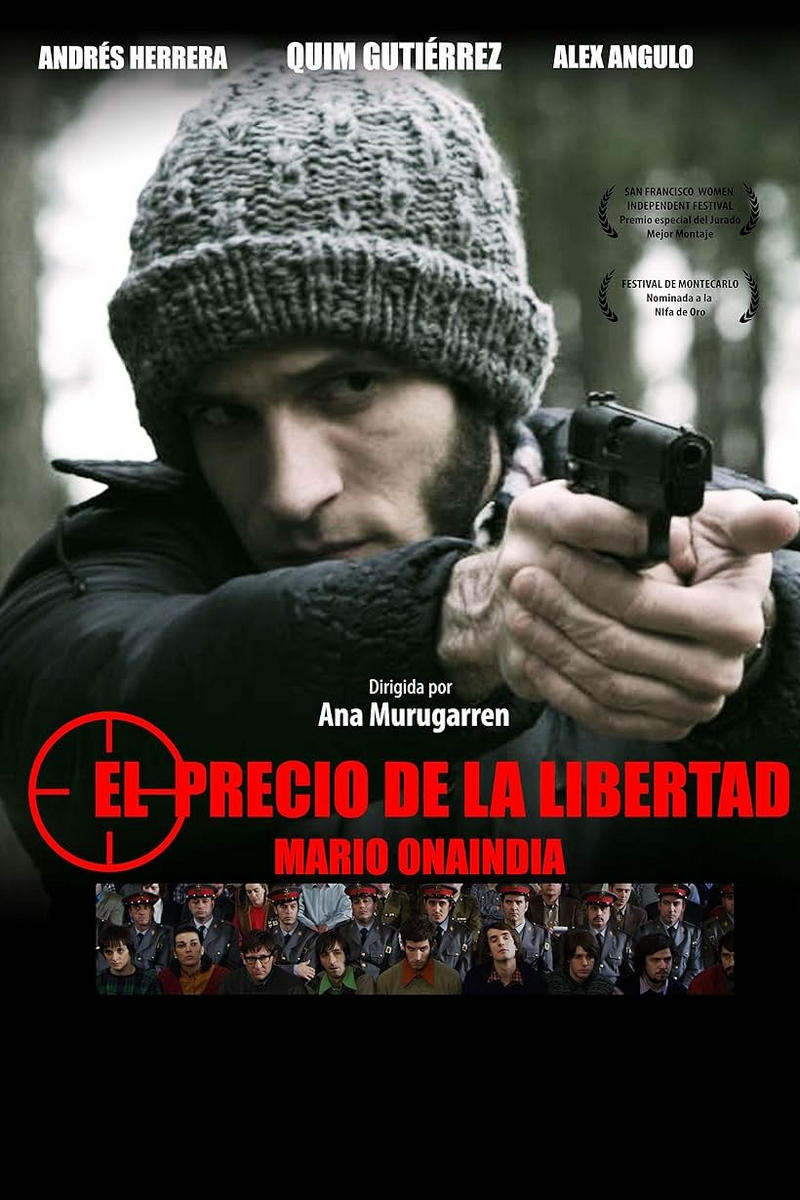
Mario, a member of the terrorist group ETA during Franco's dictatorship, drastically changes the course of his life when, with democracy in place, the organization decides to continue killing.

A walk through the golden age of Spanish exploitation cinema, from the sixties to the eighties; a low-budget cinema and great popular acceptance that exploited cinematographic fashions: westerns, horror movies, erotic comedies and thrillers about petty criminals.

Madrid, Spain, 1975; shortly after the end of the Franco dictatorship. Six months after the mysterious death of his lover, a prestigious tailor, a married woman visits the office of the young Germán Areta, a former police officer turned private detective, to request his professional services.
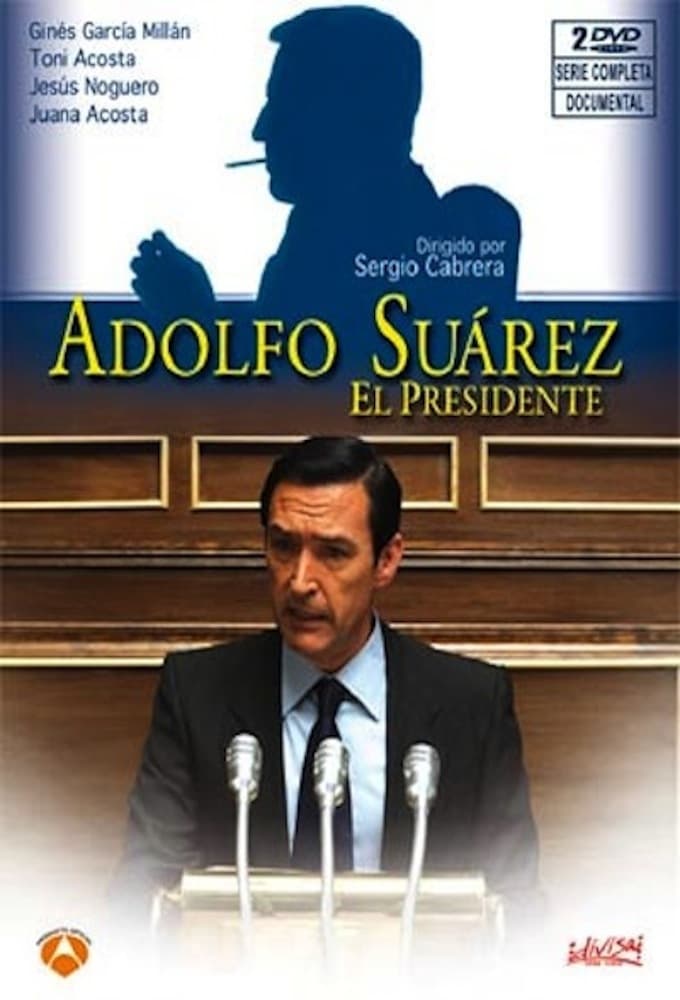
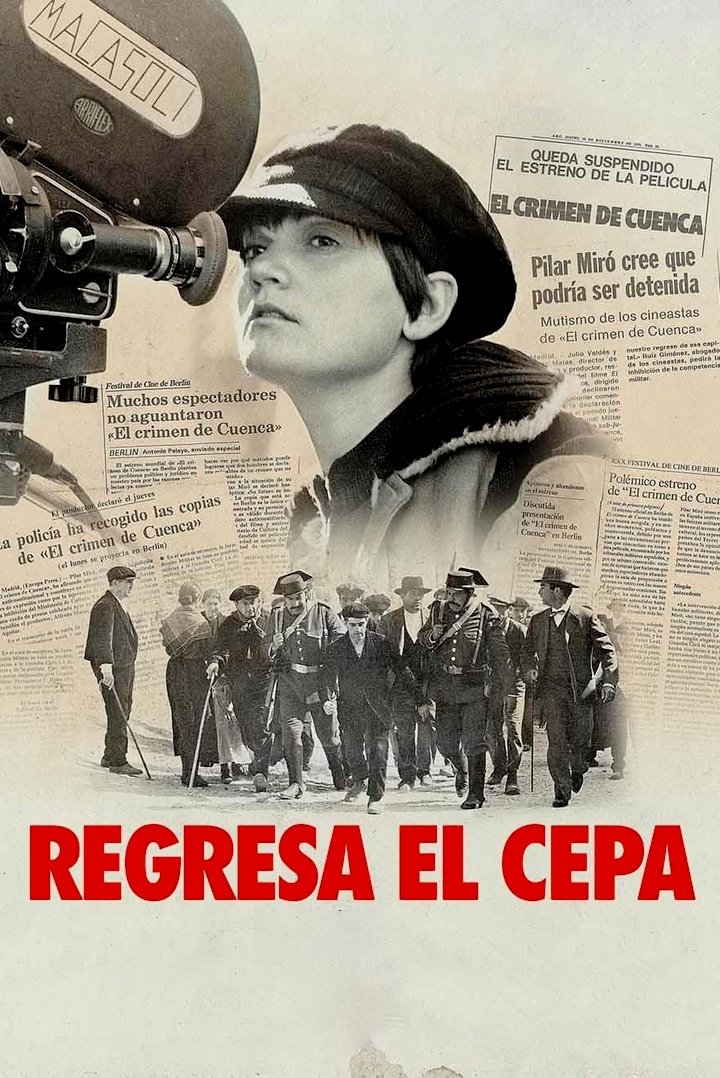
Forty years later, Guillermo Montesinos, the actor who played José María el Cepa in The Cuenca Crime (1980), directed by Pilar Miró, returns to the various locations where the shooting of the mythical film, narrating the infamous Grimaldos case (1910), took place.

Spain, June 2014. King Juan Carlos I abdicates after forty years on the throne. The historical cycle that began in 1978 has ended. It is the beginning of a new era. Felipe VI is the new king and the future is uncertain.
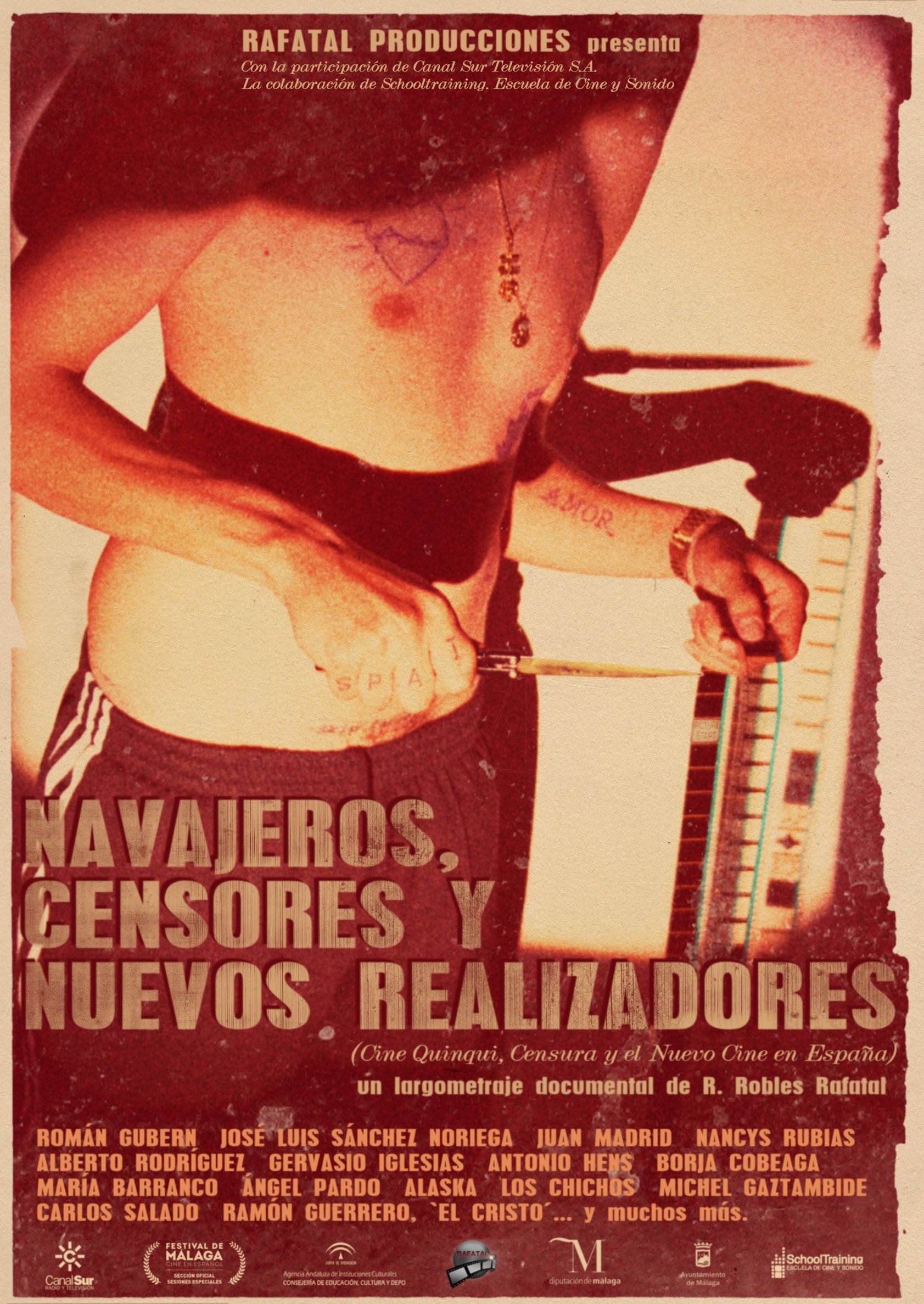
Spain. 1978. Year of the first democratic elections following the dictatorship, and of the birth cine quinqui (delinquent movies): films that rapidly became a big commercial success, showing things that were banned by the censorship not too long before.
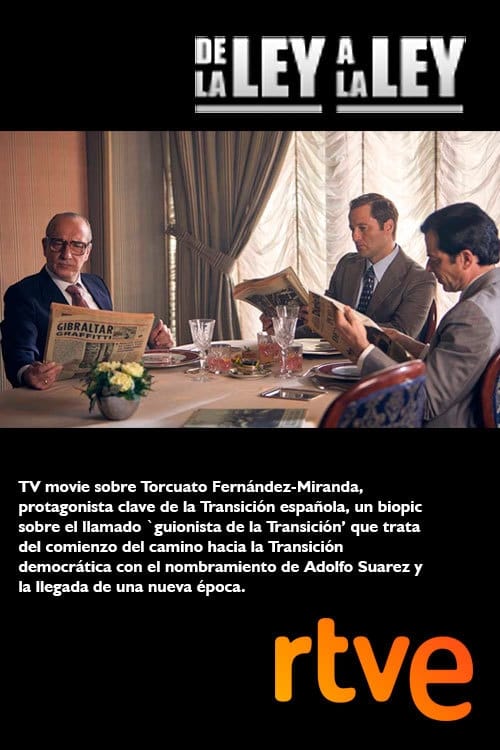
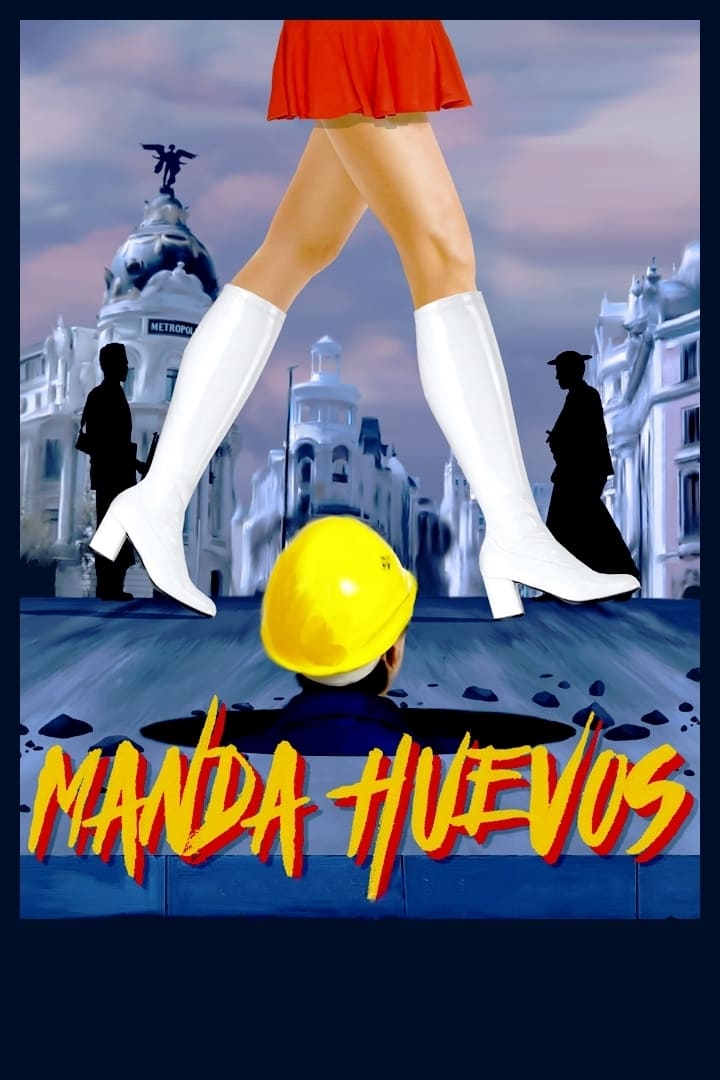
A look at the different masculinities portrayed in Spanish cinema through time. (A sequel to “Barefoot in the Kitchen,” 2013.)
By browsing this website, you accept our cookies policy.